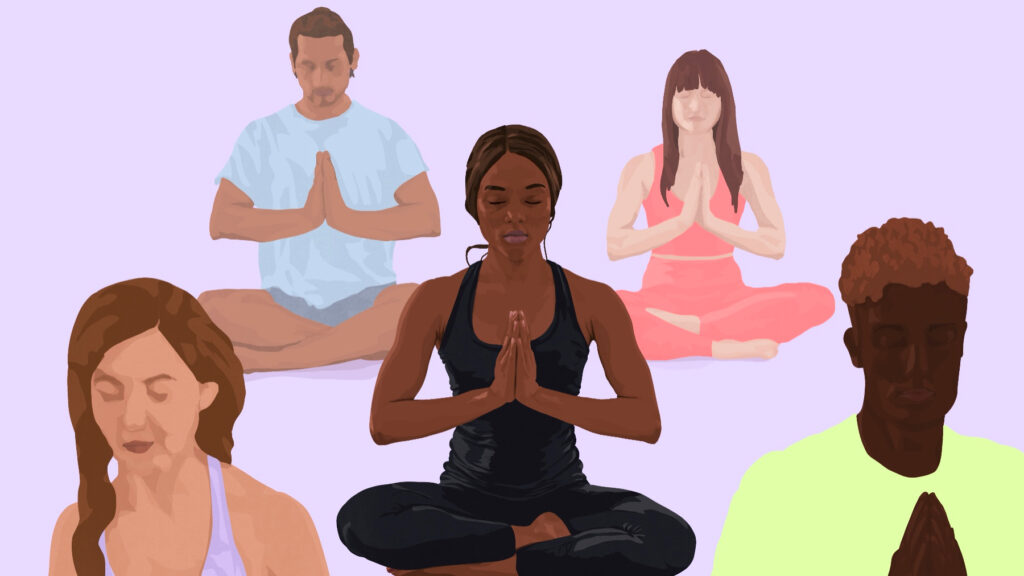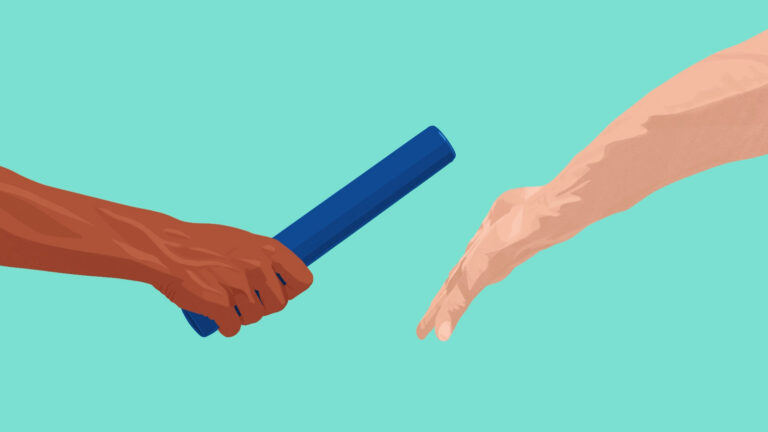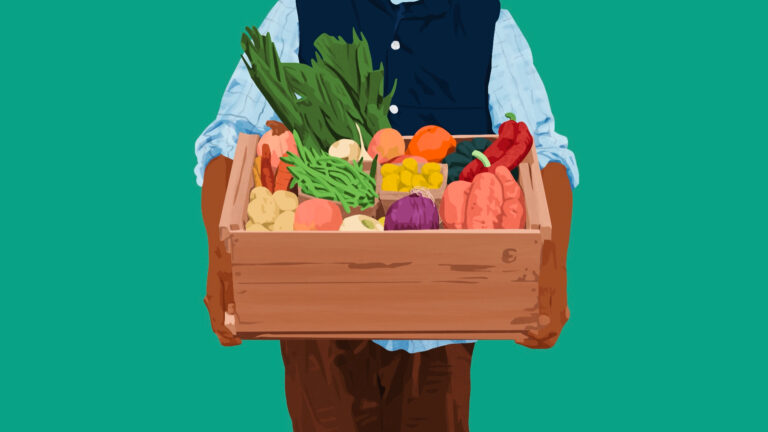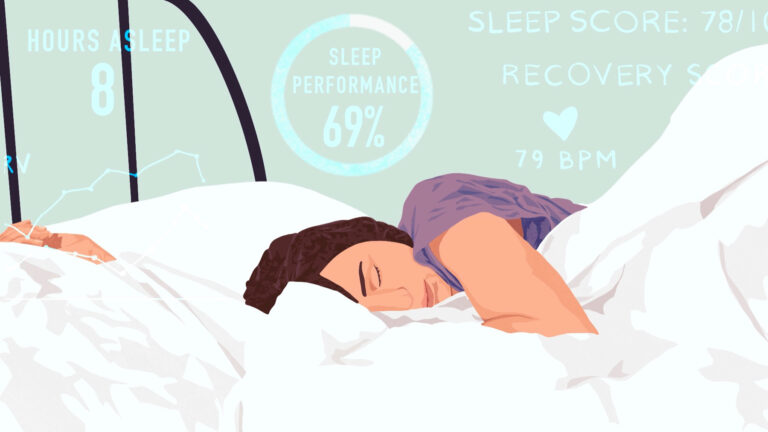
The future of proactive, personalized care has arrived.
Can wellness culture help consumers find meaning?
Losing Our Religion
As church membership declines, religious institutions are fading, along with important pillars of a healthy society — like faith, community, collectivism, ritual, and purpose.
Struggling to fill the void, we’re increasingly unwell. Nearly a quarter of adults experience significant loneliness, 87% of Gen Z struggle with mental health, and suicides reached a record high in 2022.
Soul searching. Weary of dogma but hungry for meaning, despairing younger generations are open to divine intervention.
More than an existential luxury, research has linked spirituality—defined as belief in a higher power—to positive health outcomes.
- Spirituality decreases risk of suicide by 82%, addiction by 80%, and depression by 75%.
- Religious people are more likely to report having support in times of need.
- Devout populations smoke less, drink less, and tend to live longer.
Plus, finding fellowship can enhance how we live, making us more likely to persevere through hardship and share resources — feeding a flywheel of communal well-being.
Church of Wellness
Promising a nonreligious path to spirituality, wellness culture reimagines ancient rites like sweat lodges, sound baths, meditation, yoga, and fasting.
And while it’s helping take holistic health mainstream, over-indexing on self-optimization risks making us more individualistic and appearance-obsessed.
Plus, by making once-faith-based rituals about mastery rather than reverence, we’ve erased wonder and awe—critical components of well-being—from our experience.
But, a new wave of wellness offerings is rebranding religious pillars.
Faith. Seeking a new North Star, 60% of Americans have accepted new-age concepts — and the astrology market is set to reach $22.8B by 2031.
Leading the way, Co–Star’s app collected $21M to combine NASA intel and AI for personalized predictions, while Sanctuary’s mystic marketplace connects consumers with psychics.
Community. Encouraging congregation, fitness activities from run clubs to races bond exercisers through shared transformation and suffering.
Emphasizing personal growth, Sanctum’s self-care festivals simulate Sunday service, and All Day Running Co. hosts Runningman, the fitness equivalent of Burning Man.
Playing pastoral roles, popular instructors like Nike’s Chris Bennett and Peloton’s Tunde Oyeneyin regularly preach about purpose, mindset, and intentionality. Further blurring the lines between fitness and spiritual coaching, Taryn Toomey’s The Class offers immersive retreats to “reclaim your inner light.”
Collective rituals. Studies suggest group psychedelic experiences increase feelings of social connectedness and well-being — offering an avenue toward rekindled collectivism.
As media coverage grows and influential figures vouch for their use, interest in psychedelics is rising. Still largely illegal in the US, companies like Beckley Retreats and Silo Wellness offer overseas trips to the 14% of travelers seeking mind-altering journeys.
Purpose. Channeling purpose through purchase, consumers expect more from brands — 85% of Gen Z and 70% of millennials say companies should help solve social problems, and 23% have boycotted companies in the past year.
Defying death, longevity startups have made life extension their mission, and people are spending trillions on self-preservation. But, postponing aging won’t necessarily improve our lives.
Punchline: Seeking enlightenment, consumers are adopting religious traditions à la carte. And while commodified rituals are unlikely to provide spiritual relief, their ability to connect like-minded devotees could help us rediscover what matters.
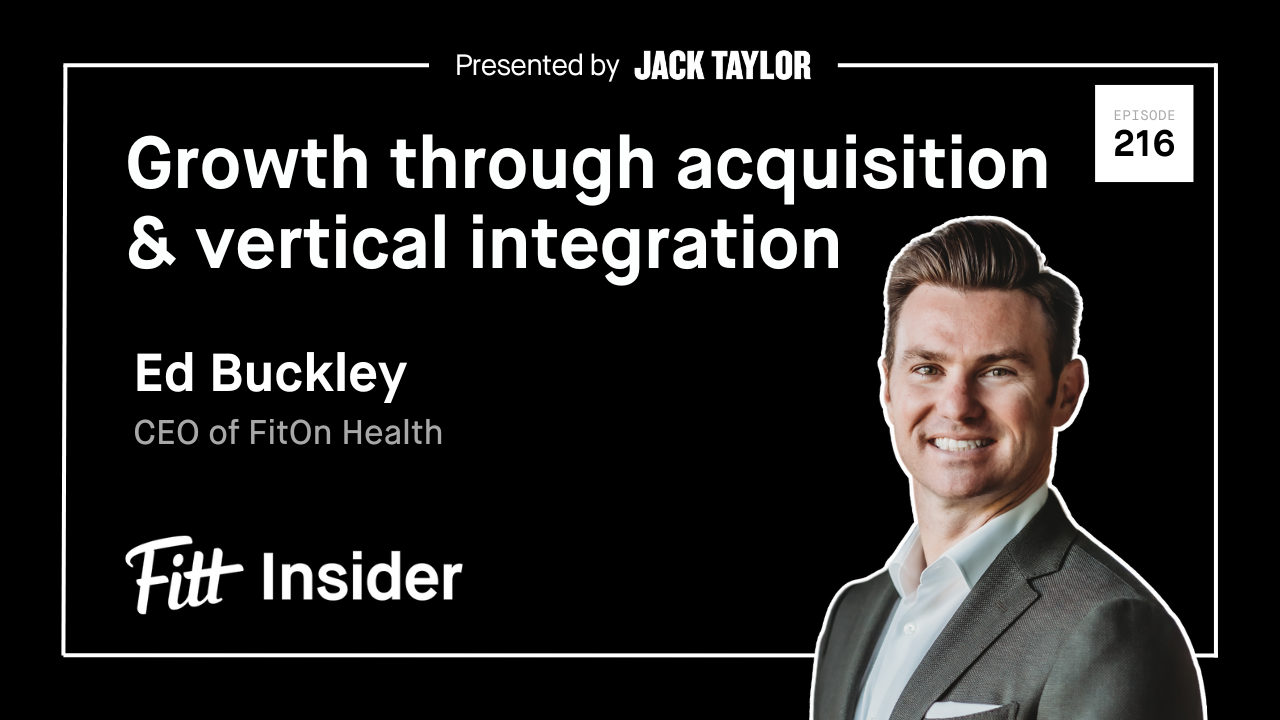
FitOn Health CEO Ed Buckley discusses bridging healthcare and fitness.
Ed founded corporate wellness platform Peerfit in 2011 — connecting employees to digital health content and local gyms. FitOn acquired Peerfit in 2022, launching the consumer app’s B2B business.
We also cover: the benefits of vertical integration, the challenging fundraising market, and the impact of weight loss drugs on the industry.
Listen to today’s episode here.
The deal strengthens the kitchen and bath company’s wellness strategy.
Need to know: Founded in 1952, KLAFS’ premium products outfit homes, gyms, and spas across Europe, particularly its S1 space-saving infrared sauna. The company did €135M ($145M) in sales in 2021.
New ground. Beyond sinks, tubs, and faucets, this move adds to Kohler’s self-care and recovery strategy.
- Kohler operates five destination spas with mineral baths, cold plunge, and massage.
- Last year, it unveiled a “stillness tub” inspired by ritualistic Japanese forest bathing.
- In January, it debuted Sprig, an aromatherapy line including a shower-mounted infuser.
In the works, Kohler and Remedy Place are collaborating on a range of at-home recovery products. Expect the KLAFS acquisition to support this partnership.
Red hot. With demand heating up, the sauna space is on fire. From Sunlighten’s smart units to Redwood Outdoors’ barrel saunas and infrared blankets from HigherDOSE, brands are bringing the sweat session home.
Meanwhile, wellness studios and clubs like Perspire, SweatHouz, Othership, and Sauna House are scaling up.
Looking ahead: From ice baths to red light therapy—in the spare bedroom, gym, or social club—the spa experience is evolving. Whether it’s for optimization, a sense of community, or much-needed self-care, consumers and brands are all-in.
Presented by Lifeforce
💪 Peak Performance For Life
Traditional healthcare tells us feeling average is acceptable… losing luster is just part of life.
But the truth is, vitality is possible at any age. And Lifeforce makes achieving optimal health easier.
Innovating proactive care, Lifeforce’s personalized performance plans help you think clearer, feel stronger, live longer, and do more of what you love.
Empowered by biometric data, expert recommendations, a dedicated care team, and clinical-grade nutraceuticals, you can age with intention.
Don’t settle for feeling average — measure your baseline today.
🍸 The New Bar expands its booze-free footprint
Slinging drinks for the sober curious, the omnichannel alcohol-free retailer is scaling up.
Expansion mode. Building on its popular Venice, CA flagship, The New Bar will add outposts in West Hollywood and San Francisco next year.
Generating buzz for booze-free beverages, the company became Coachella’s first nonalcoholic partner in April — attracting wellness-minded festival-goers to its #Soberchella campground.
Spiking interest. The New Bar’s momentum highlights growing intrigue around zero-proof sips — from drinkers and teetotalers alike. The category saw 31% YoY growth in 2023, per Nielsen IQ.
- 82% of nonalcoholic beverage buyers also purchase alcoholic drinks.
- 47% say quitting alcohol is too hard, but they want to drink more mindfully.
- 51% of Americans wish they had a sober bar nearby, but only 14% currently do.
Rather than replacing alcohol, soda, or energy drinks, NA beverages use modern branding and flavor innovations to create enticing alternatives for those focused on well-being and high-performance.
Under the influence. Adding clout, celebrities are swarming, and F1 champion Lewis Hamilton recently launched alcohol-free tequila. Meanwhile, event companies like Absence of Proof and Zero Proofed are proving sober parties can draw crowds.
Bottoms up. Competing with The New Bar, nonalcoholic spirits shop Boisson secured $5M for retail expansion in September.
Outside specialty stores, Anthropologie and Urban Outfitters introduced alcohol alternatives, and JetBlue partnered with Athletic Brewing to become the first airline with nonalcoholic beer.
Punchline: Removing the awkwardness from abstinence, modern beverage brands are making it socially acceptable to stay sober — without sacrificing enjoyment.
📰 News & Notes
- WHOOP, Tonal data reveals trends in recovery, strength.
- Strava selects Google, Nike vet Michael Martin as new CEO.
- GENEFIT opened its genetics-based performance app to consumers.
- IKEA launches 19-piece fitness gear and wellness accessories range.
- Flywheel co-founder becomes CEO of EMS training franchise BODY20.
- INFINIT taps Nix Biosensors for personalized performance drink mixes.
- Aviron debuts StrongGo rower, improving affordability and accessibility.
- Fitt Jobs: Connect your passion and your profession with these careers.
- Evernow, Talkspace link up to support mental health through menopause.
- Startup Q&A: Oiselle CEO Arielle Knutson on empowering women who run.
💰 Money Moves
- Digital strength training app Ladder closed a $12M Series A round led by Tapestry VC and LivWell Ventures.
- Kitchen and bath company Kohler acquired German sauna manufacturer KLAFS.
- Preventative healthcare and diagnostics company Fountain Life acquired precision medicine platform LifeOmic.
- A consortium featuring Olympian Shaun White and billionaire sports investors Josh Harris and David Blitzer acquired Oregon-based snowboarding camp We Are Camp.
- Healthy habits startup BetterYou raised $6M in a Series A round for its AI-powered wellness coach.
- Private-equity backed Planet Fitness franchisee Grand Fitness Partners acquired eight Central California-based Planet Fitness gyms from PCV Holding Co.
- Metabolic health supplement maker SP Nutraceuticals secured an undisclosed investment from Deepak Chopra’s ChopraX Ventures.
- Fitness brand The Beachbody Company entered a securities purchase agreement worth $5.3M.
- Somedays, maker of menstrual pain relief products, acquired period care company Aisle.
- Supplement company FitLife Brands received $10M in financing from First Citizens Bank to acquire sports nutrition brand MusclePharm.
- CBD company CV Sciences acquired plant-based food maker Cultured Foods.
- Organic kombucha maker Better Booch added $7.8M from Wellness Growth Ventures and others.
Today’s newsletter was brought to you by Anthony Vennare, Joe Vennare, Ryan Deer, and Jasmina Breen.
